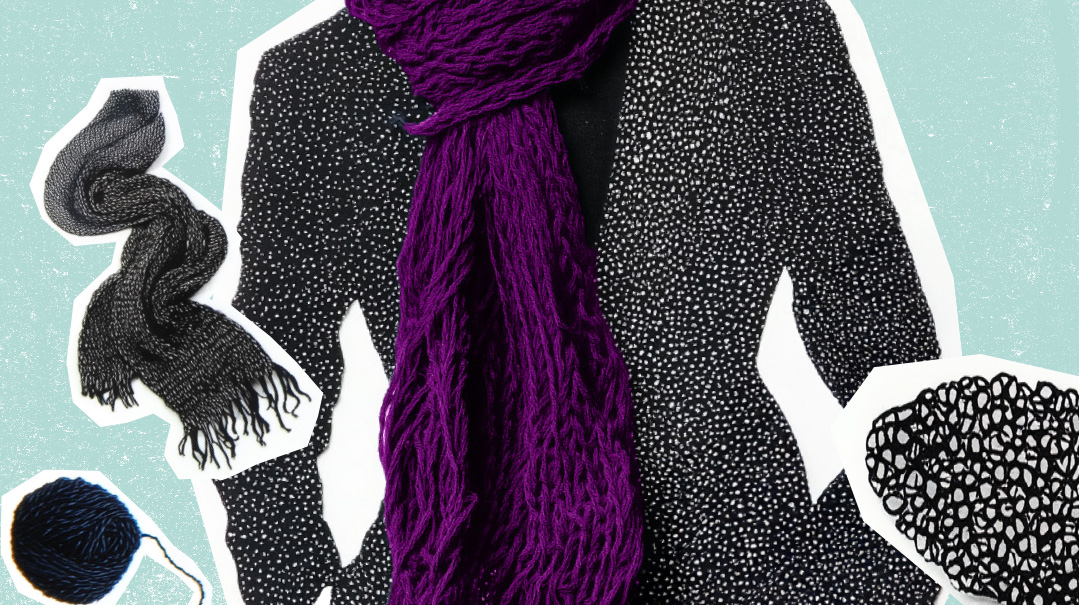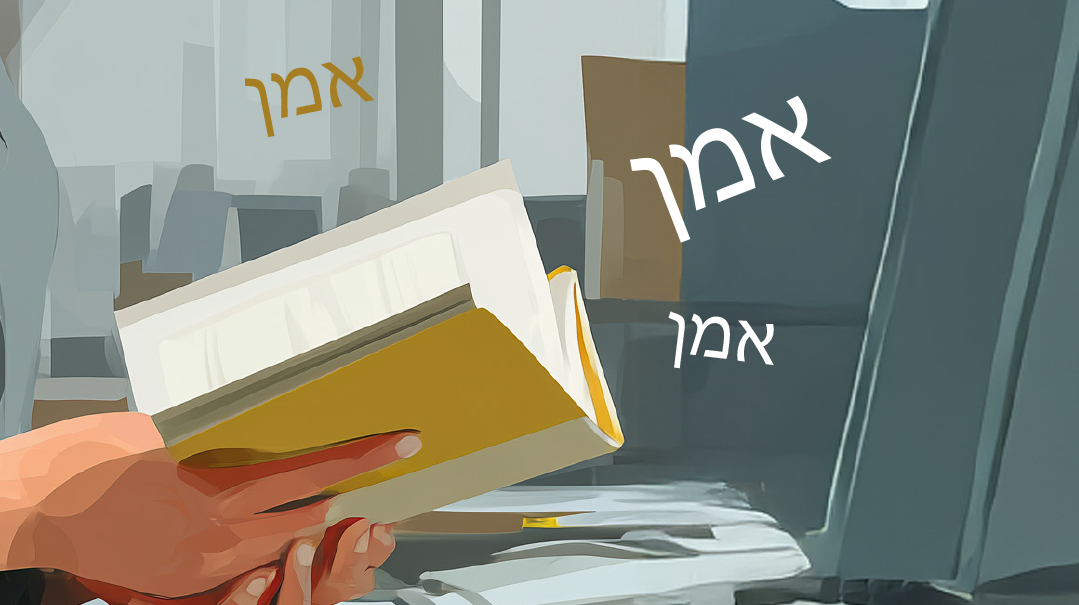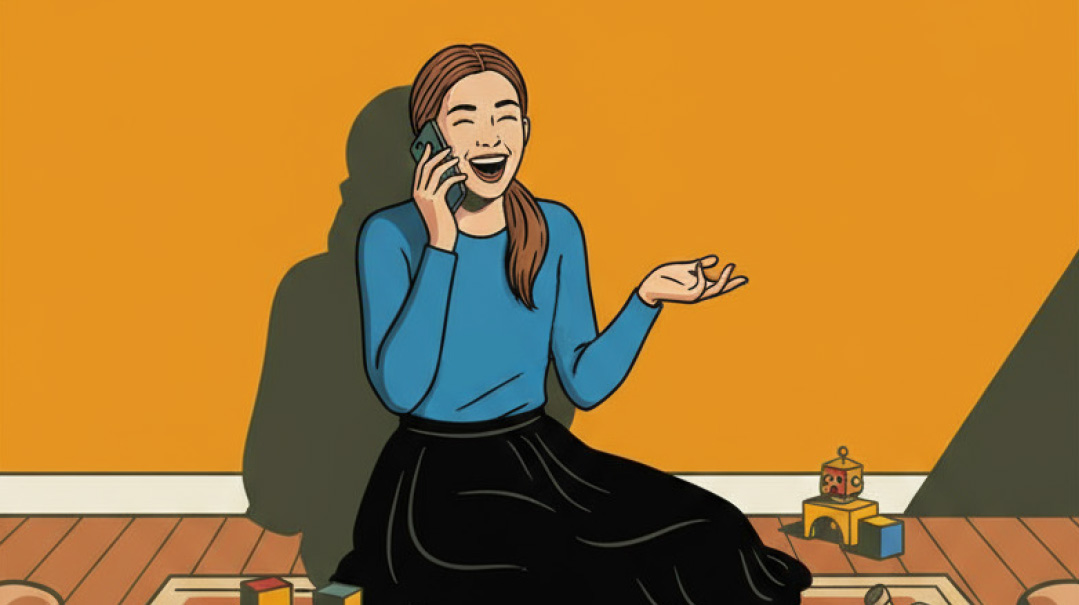Picture Perfect

The laws of snapping that perfect shot

Prepared for print by Faigy Peritzman
My son recently had his Chumash party, and the school brought in a professional photographer. I was shocked though, a few weeks later, to see my son’s picture on a fundraising flyer on behalf of the school. I thought they should’ve asked permission, but the school feels they did no wrong.
A school has the right to photograph or publicize any part of the activities that take place at the school, and they are not required to ask permission to do so. This is done regularly in all schools, and parents are well aware that this takes place. If you, as a parent, are against this common practice, it’s your responsibility to contact the school in advance and ask them to refrain from photographing your child or publicizing his picture.
My boss asked me for a head shot to put on our company website. Am I allowed to Photoshop the picture to look better?
Photoshopping a picture of a person to look better is no different from putting on cosmetics to improve one’s appearance. Both are permitted. But if one is taking a picture of an item in order to sell it, then it would be forbidden to Photoshop the picture if the purpose is to hide a blemish or make it look more valuable than it really is.
I have a stunning view from my porch, and I made a collage of pictures I’ve taken of gorgeous sunsets. But a neighbor just told me it’s assur to photograph the sun. Is she correct?
The consensus of the poskim is that it’s forbidden to draw or paint a picture of the sun, moon, or stars. Whether or not taking a picture of the celestials is included in this prohibition is debatable, with several contemporary poskim ruling stringently.
But according to all opinions, it is only prohibited to draw (or photograph) an image of the sun in its entirety, including its rays. It is permitted to draw (or photograph) a part of the sun, or a partial view of the sun — i.e., a sun that’s partially obscured by clouds, or one that has begun to set and is no longer entirely visible. The same halachah applies to stars. However, it is forbidden to draw (or photograph) the moon in the beginning of the lunar month, even though only part of the moon is visible at that time.
I have framed pictures of several generations of my grandparents hanging in my living room. My husband feels perhaps we should remove some, as my great-grandmothers did not cover their hair. Is this sensitivity correct?
While from a halachic perspective it is not forbidden to display those pictures, it’s certainly understandable that your husband is sensitive to it. In practical terms, it is a personal decision that you and your husband need to decide as a couple.
My neighbor has security cameras around his property that he allows to run on Shabbos. I’m not comfortable walking by his house knowing that perhaps I am being recorded on Shabbos.
If you’re not comfortable doing so, then avoid walking near his property. Halachically, as long as the security cameras are not triggered by motion and are constantly operating, there is no prohibition to walk by them on Shabbos.
I recently read a biography that had a picture of my grandfather I’d never seen before. I contacted the publisher, but they said all the photos were from a private collection, and they have no way of connecting me to them. May I copy the picture for my own personal use?
When you buy a book, you have the right to copy any part of that book, including any pictures, as long as you are doing so for personal reasons and are not planning to profit from the copy in any way.
I’m in seminary, and we’re all always shooting pictures of each other, candids, groups, etc. I have one friend who gets very upset if she’s in any candid picture without her knowledge. Although I try to leave her out, if she does end up in a picture, even with other girls, she demands I erase it. Am I obligated to respect that?
You are not halachically obligated to erase her picture, since a person doesn’t own his image, and it is permitted to take anyone’s picture even without their permission — and even against their objection. Still, if you’re aware that having her picture publicized will distress your friend, it would be appropriate to do whatever you can to alleviate her discomfort — as Chazal teach us, “Don’t do unto others what you don’t want done to yourself.”
(Originally featured in Family First, Issue 779)
Oops! We could not locate your form.






